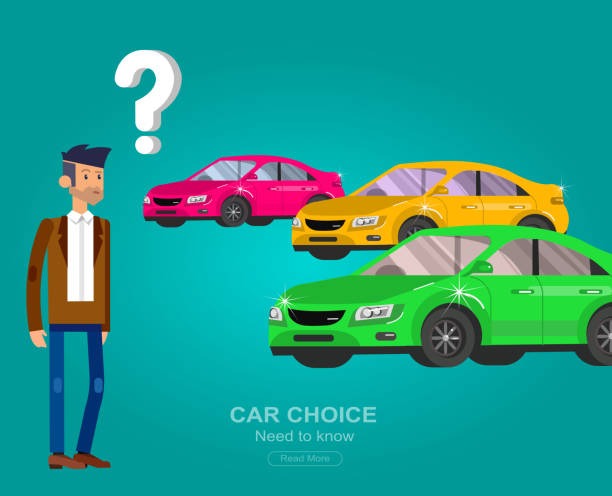Buying a new car is a big thing because it is a big investment and a large part of your everyday life. It is much more complex than choosing a beautiful model in a new Toyota car dealership Houston. If you take the time to think of all important items, you will be able to choose an option that fits your needs perfectly, budget and lifestyle. If you continue this process, you can regret later and handle unexpected financial problems.
Budget and Total Cost of Ownership
The amount you pay to buy anything is only one part of the financial picture. When making a budget for a car, think about the whole cost of owning it. This includes not just the price tag or monthly loan payments, but also important continuing costs. Think about how many miles per gallon your automobile gets. A car that gets higher gas mileage will save you a lot of money over time, especially as gas prices go up and down. The costs of insurance, maintenance, and possible repairs also differ a lot between brands and models. Don’t forget about depreciation. Some cars keep their worth better than others, which might affect how much money you make when you sell or trade it in.
Lifestyle and Practical Needs
The car you choose should be based on your everyday routine and ambitions for the future. Do you need a cheap automobile for driving around the city by yourself, or do you have a growing family that needs a lot of room for passengers and cargo? Do you often move pets, sports gear, or tools for work? Think about how you drive: if you have a long commute every day, you might need a comfortable, fuel-efficient car. If you go on adventures on the weekends, you might need an SUV that can go off-road or a truck that can tow. Knowing what you need from a car makes sure it does its job well.
Fuel Type and Environmental Impact
There are more and more different types of fuel to choose from, and they all have an effect. Gasoline-powered cars are still widespread, but hybrid, plug-in hybrid, and all-electric vehicles (EVs) are all good choices. Hybrids get better gas mileage, while EVs don’t use any gas at all, which means lower running expenses (depending on power pricing) and no emissions from the tailpipe. When choosing between these options, think about how easy it is for you to find charging stations, how far you usually drive, and how much you care about decreasing your impact on the environment.
Safety Features and Reliability
Always put safety first. Look up crash test ratings from groups like the National Highway Traffic Safety Administration (NHTSA) and the Insurance Institute for Highway Safety (IIHS) that are not connected to the car company. Look for advanced safety features like electronic stability control, multiple airbags, anti-lock brakes (ABS), blind-spot monitoring, lane-keeping assist, and automated emergency braking. Also, look into the car’s history of reliability. Brands that are known for being durable and having few mechanical problems usually mean cheaper maintenance expenses and more peace of mind over time.
Technology and Infotainment
Modern cars include a lot of different technology and entertainment possibilities. Think about what features are most essential to you. Do you need a big touchscreen, the ability to connect your phone (Apple CarPlay/Android Auto), a navigation system, or advanced driver-assistance systems (ADAS)? These improvements can make the car more useful and safe, but they can also raise the price. Put the technologies that really make your driving better and meet your budget at the top of your list.
Resale Value and Long-Term Investment
For a lot of people, a car is a big investment for the long term. Thinking about how much it might be worth when you sell it can be a smart financial decision. Some brands and models always keep their worth better than others because of things like brand reputation, reliability, and demand. A strong resale value helps lower your overall depreciation cost, which makes your next car purchase more cheap, but it is not the only factor that matters.
Test Drive and Dealership Experience
After you’ve narrowed down your choices based on the above characteristics, the test drive is the most important thing to do. You may test out comfort, handling, acceleration, braking, and the overall dynamics of driving with this hands-on experience. Pay attention to how well you can see, how loud the road is, and how the car feels in different driving situations. Also, think about the dealership experience. A good dealer who is honest about prices, has great customer service, and solid after-sales support can make your car-buying experience much better.
In the end, picking the appropriate car means looking at all of your financial options, personal demands, safety concerns, and tech preferences. Finding a balance that will keep you happy for years to come is what it’s all about. By carefully thinking about these things before going to a new Toyota car dealership Houston that people trust, you give yourself the power to make a choice that is both practical and satisfying.


